Bari

Bustling Bari is the south's seaport city and center of commerce. It's the capital of Puglia, a busy merchant harbor, and the home of St. Nicholas. While the majority of the city's 330,000 inhabitants live in the grid-planned new town, the historic center is vibrant and charming and worth a visit.
The old center sits on a stout peninsula that sticks out into the Adriatic Sea. It has a pretty piazza on one side and an imposing castle anchoring it on the other. In between, there are little piazzas, old palazzi, shops, cafes and restaurants tucked away in the interesting alleyways, along with the city's main monuments.
The most notable structure is the 11th century Castello Svevo, which was originally a Roman fortress that underwent modifications under Frederick II, the great ruler and castle-builder of the south. The enormous defensive building comes complete with moat, drawbridge, ramparts and an internal courtyard. It was redecorated in the 16th century by Isabella of Aragon who gave it some Renaissance touches.
A main tourist draw is the Basilica of San Nicola, dedicated to one of the world's most famous saints. While St. Nicholas was from Myra, Turkey, he is usually referred to as "St. Nicholas of Bari" because his remains were transported and interred here by a group of faithful zealots in 1087, making Bari a place of pilgrimage for a millennium now. He is venerated by Christians, Orthodox and Protestants alike, especially in Russia, where flights bring faithful followers annually to celebrate his feast day on December 6 and the reenactment of his arrival every May 9. The massive yet impressive Romanesque church is worth seeing.
While many think that the Basilica is the city's cathedral, there is a separate Duomo dedicated to St. Sabino, which boasts 11th century columns from Constantinople, a mosaic floor in the cyrpt, and beautiful illuminated manuscripts of Easter prayers housed in the sacristy. There is also a nice Diocesan Museum.
The main hub of life is impressive Piazza Ferrarese, with its elegant archways, gleaming pavement and stately palm trees. There is an exposed tract of Roman road in the center. Here, people gather to meet and stroll, have a coffee and enjoy la dolce vita. The via Venezia and Piazza Mercantile are other primary pedestrian pathways that allow you to participate in the old center's life. For shopping, head to via Sparano, a nice avenue of boutiques. Bari's lungomare is a long, wide seafront sidewalk where people promenade and then head into the centro storico to dine in one of the quaint eateries. The marina is also a nice place for a stroll and for the views that extend to the cliffs of the Gargano and over to the hills of Ostuni.
Bari has long been one of the Adriatic's most important seaports. Today it's a stop for cruise ships and a launching point for ferries to Greece, Croatia and the Balkans. The Bari airport gives the city easy access from other European centers. The airport is in the little suburb of Palese, which is a destination of locals for the long lungomare where they go to dine at the seaside restaurants. One such favorite is Ristorante L'Ancora, an unassuming eatery right on the water that has served excellent seafood for many years. The town is well-known for its elaborate and solemn Good Friday processions.
Bari blends history with a vibrant business center; it's southern Italy's main center for economic growth and technological research. In fact, it's sometimes referred to as "the California of the South" for its progressive economic strategies, emphasis on the tech industry, and competitive commercial activities.
Rent a holiday home in Puglia and travel like a local.

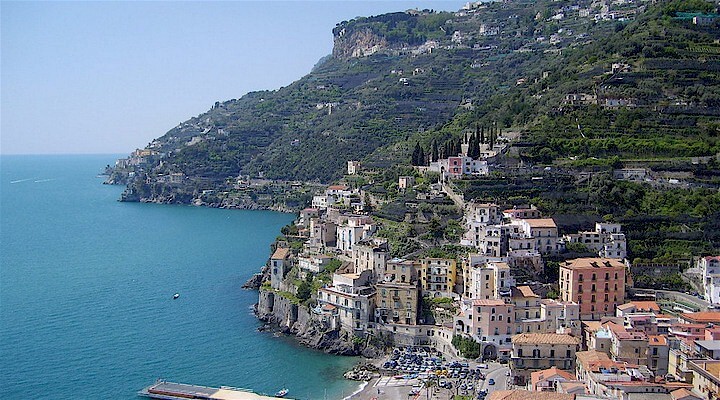 Amalfi Coast
Amalfi Coast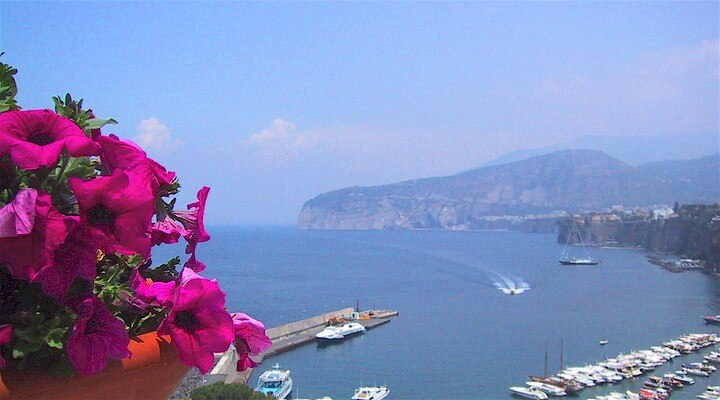 Sorrento Coast
Sorrento Coast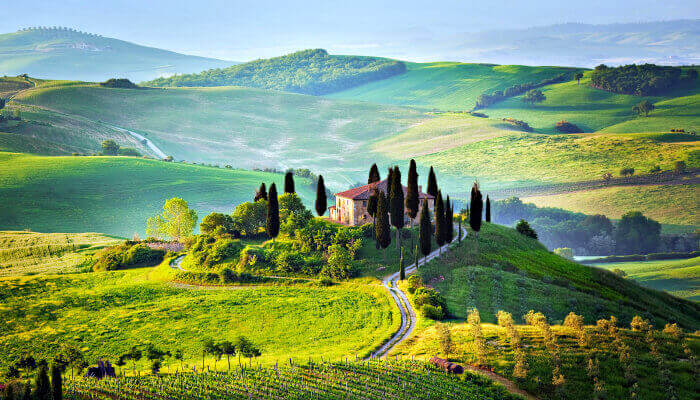 Tuscany
Tuscany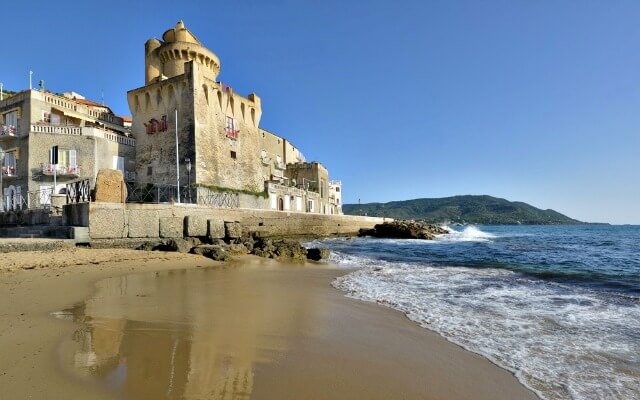 Cilento National Park
Cilento National Park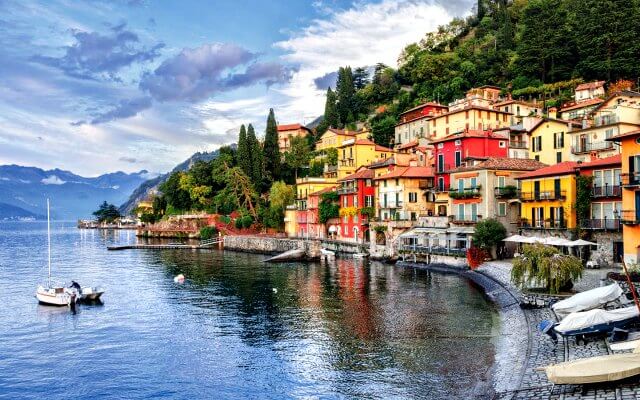 Lake Como
Lake Como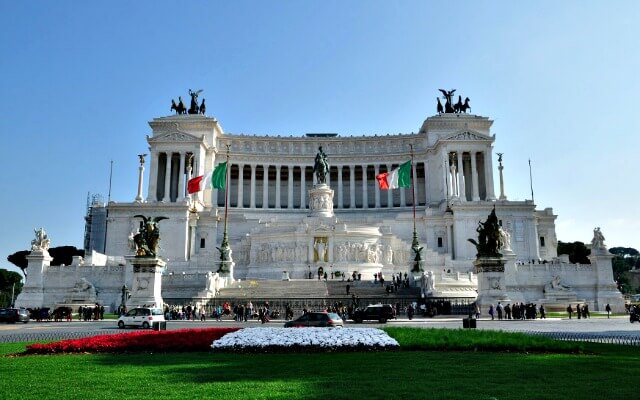 Rome and Latium
Rome and Latium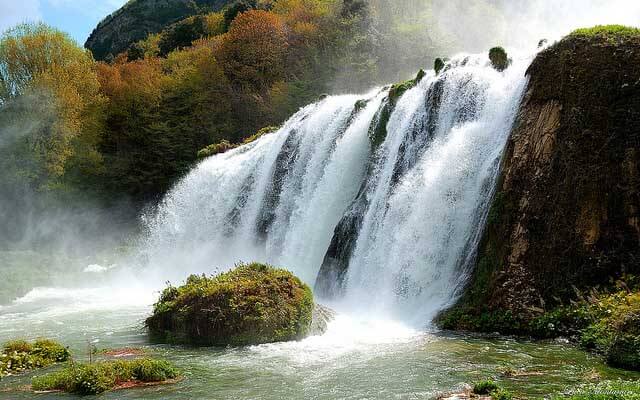 Umbria
Umbria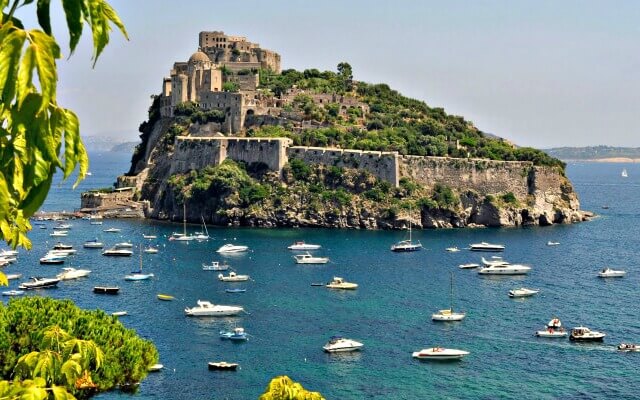 Capri and Ischia
Capri and Ischia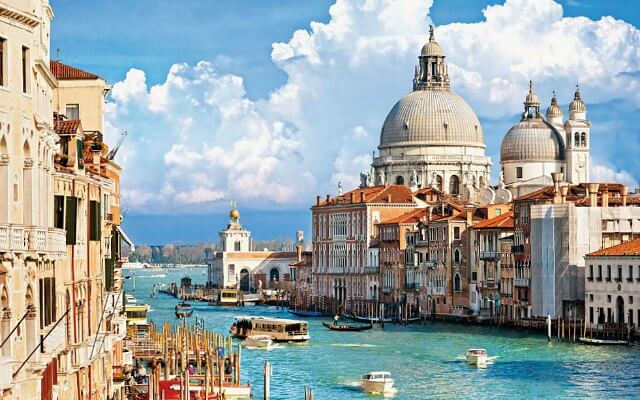 Venice
Venice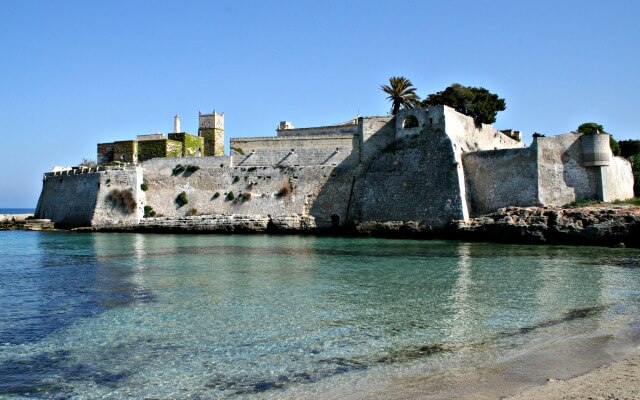 Puglia (Apulia)
Puglia (Apulia)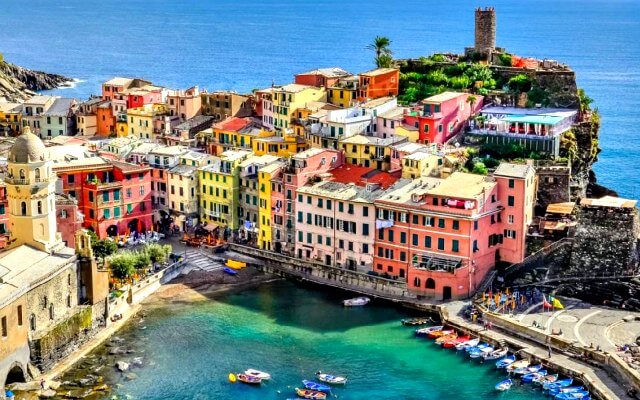 Liguria
Liguria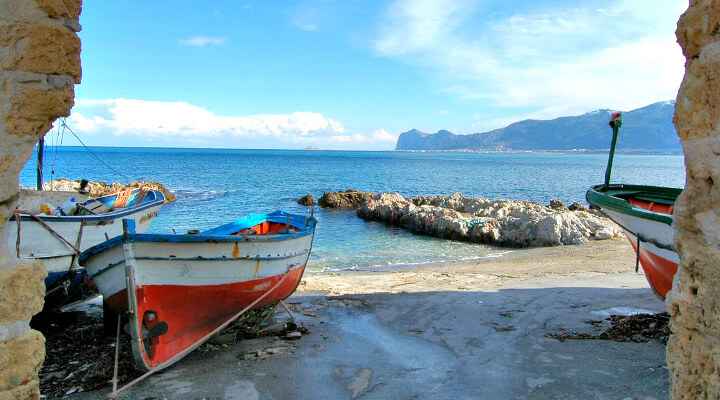 Sicily
Sicily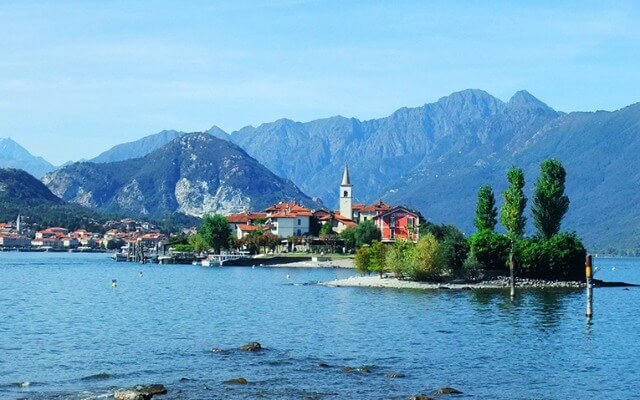 Lake Maggiore
Lake Maggiore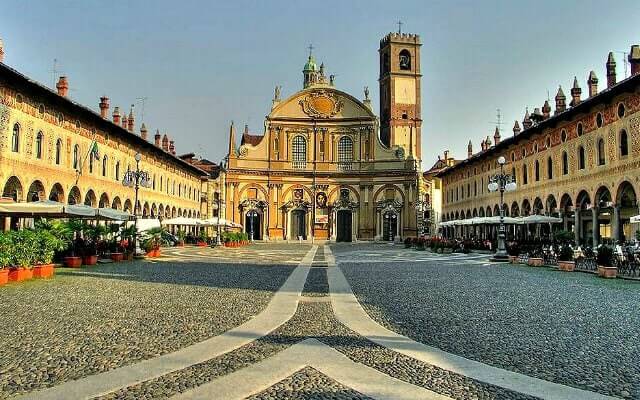 Lombardy
Lombardy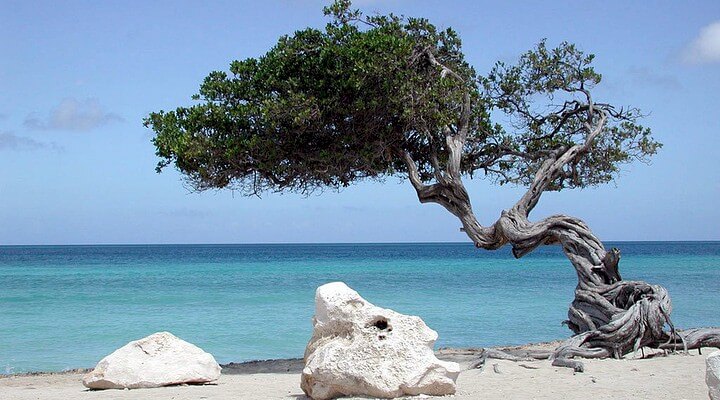 Sardinia
Sardinia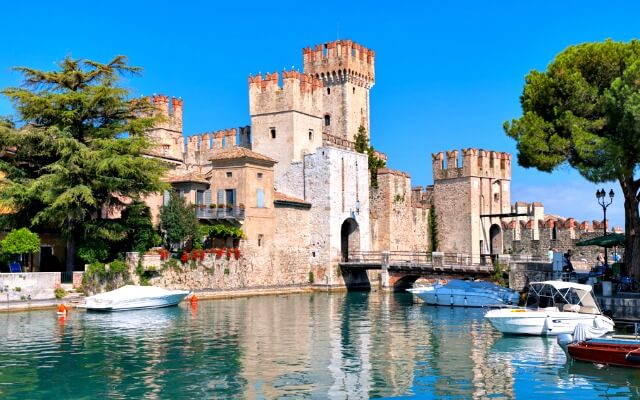 Lake Garda
Lake Garda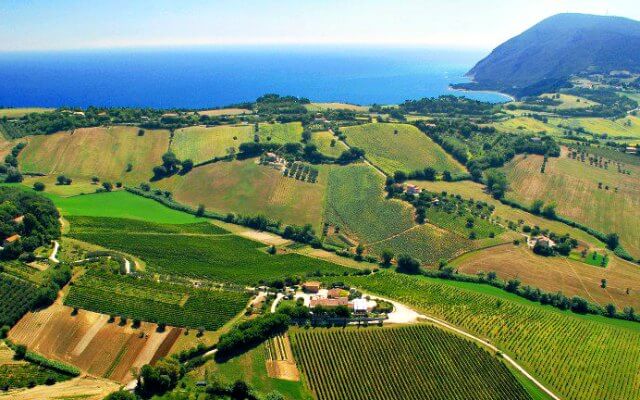 Abruzzo and Marche
Abruzzo and Marche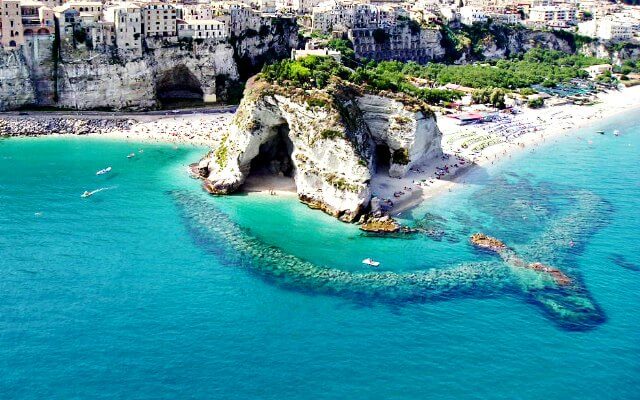 Calabria
Calabria


Been there? Done that? Share your experience and tips!
Haven't visited yet? Have questions about Bari? Ask them here!